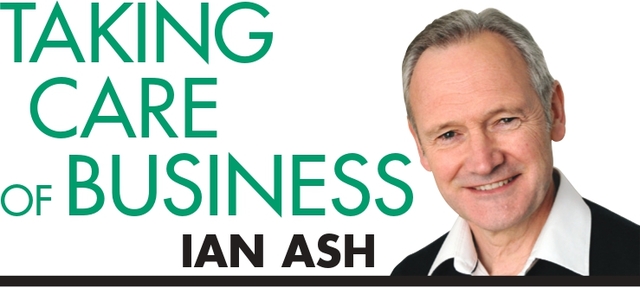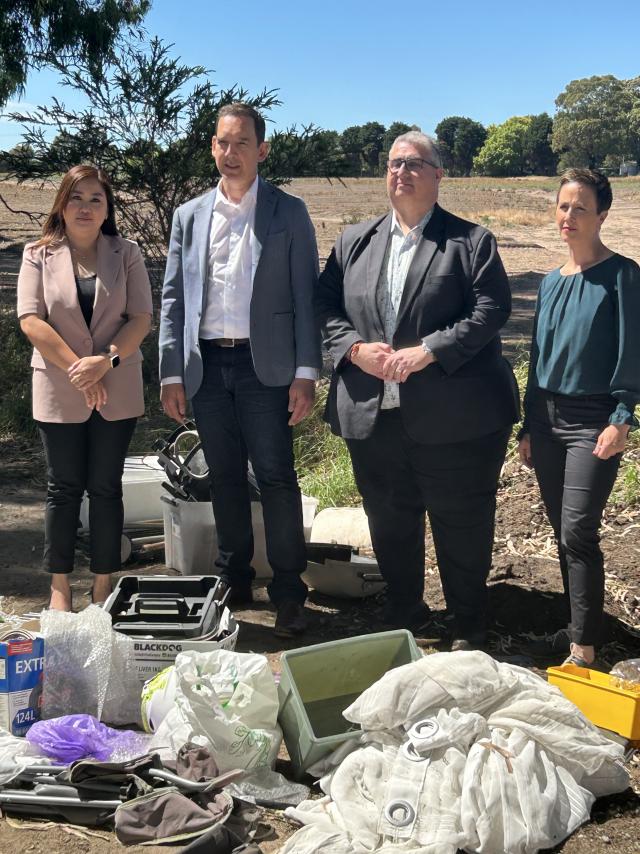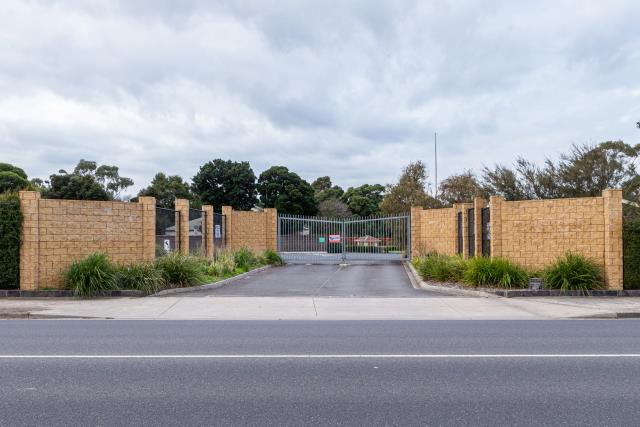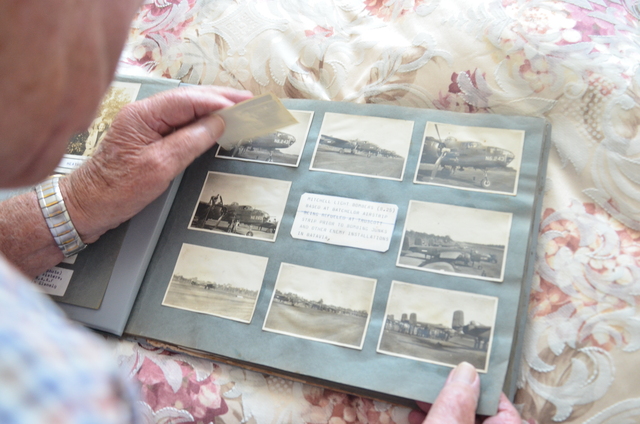Ever noticed how the CEOs of really successful businesses seem to have time to pursue their personal passions as well? A few clear examples come immediately to mind such as Richard Branson, humanitarian and founder of Virgin Records, Virgin Airlines, Virgin Rail Group and Virgin Galactic (to name but a few!) who, in addition to owning his own private island and authoring over a dozen books also found time to pursue his passion of hot air ballooning. Similarly, Elon Musk, CEO of Tesla, X and several other major companies who is currently the richest man in the world (worth a reputed US$343 billion) able to find time to indulge his fascination with outer space through another of his businesses, Space Exploration Technologies as well as get involved with US politics. Now you may well say that they will have surrounded themselves with great people to run their respective businesses and this is indeed true, but my point here is that they did not achieve their success simply through working harder. Don’t get me wrong, there is nothing wrong with a strong work ethic (and this is pretty well essential during the early days of a business) but it is the ability to find time to step back and really think about the business as opposed to simply working hard within it that makes the difference.
There are many business owners that I can think of right now who were once working well in excess of a standard working week for a relatively low return on their efforts but who have now increased turnover and profit by multiples while at the same time working less than a standard working week.
This is actually no coincidence; it really comes down to three key elements:
Taking time out to work on important, non-urgent business matters,
Prioritising what needs to be done when and
Setting aside specific time to enjoy the finer things in life such as personal health, time with family, relationships, travel and hobbies.
With respect to item 3, Alex Soojung-Kim Pang’s book “Rest”, subtitled “Why you get more done when you work less” epitomises the value of doing this. According to the author, ‘Work’ and ‘Rest’ are actually two sides of the same coin. He asserts that you cannot be truly effective at work unless you get sufficient ‘rest’ (which includes leisure activities as well as sleep) and equally you need to work to some degree to have sufficient income to fund household commitments as well as leisure activities. Soojung-Kim Pang studied the working habits of many creative thinkers such as Charles Darwin, Charles Dickens, Ernö Rubik (who’s cube bears his name) and Pyotr Tchaikovsky amongst others and found that many of these prolific producers often worked no more than 4 hours a day. However, the what all these great thinkers also had in common was a very clear structure to their day in which specific time was set aside for specific work tasks as well as ‘rest’ activities.
You can’t actually perform item 2 above unless you implement item 1. I do recall the words of a wise business associate when I was establishing my own business that I should “set aside at least half a day a week to work on the business” and I have tried to do this ever since. When you are in “head down, bum up” mode, the natural inclination is to simply get stuff off your desk but this can lead to short-term solutions (so these problems continue to reoccur), lack of delegation, little or no strategic thinking and possibly even burnout. There is also a lot of published data that shows that taking regular breaks leads to greater personal efficiency, not less.
So, as we approach this Christmas break, take the time to give work a proper rest (!) and recharge your batteries by spending time with those who matter and doing things that you enjoy so that you enter 2025 refreshed and perhaps with a resolution to ‘keep things in balance’.
Ian Ash ACC, AInstIB
Managing Director OrgMent Business Solutions – www.ombs.com.au








